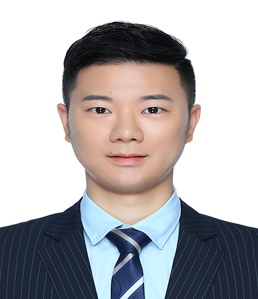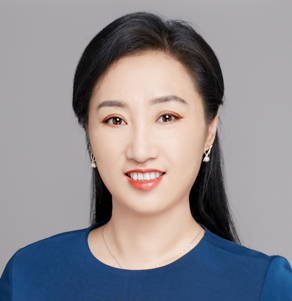

Special Issue Information
Dear Colleagues,
The research on foreign language teachers' beliefs has undergone a paradigm shift from positivism, constructivism, and transformativism to pragmatism (Gao, 2023). The pragmatist paradigm focuses on real-world problems that are difficult to solve from a single paradigm. Therefore, the integration of multiple theories, multiple perspectives, and multiple methods is the primary way to solve practical research problems under the pragmatism paradigm, and it is also the scientific development concept that has developed to the current stage from the collision of different theories and methods.
With the continued evolution of research paradigms, the theoretical perspectives of foreign language teachers' belief studies have shifted from the cognitive perspective (Borg, 2003) and sociocultural perspective (Johnson, 2009) in the early 21st century, to the complex dynamic system perspective (Gao, 2021) and emotional perspectives (Barcelos, 2022) over the last five years. A review of the existing literature also reveals that the development of research on foreign language teachers' beliefs and practices has shifted from purely focusing on language skills (listening, speaking, reading, and writing) to focusing on teachers' emotions.
In this special issue, we thus welcome submissions for the journal Forum in Linguistics Studies that focus on the interface between language teacher beliefs and language teacher emotions. We are especially interested in theoretical and empirical approaches to the following topics:
· Theoretical or conceptual underpinning pieces that address connections between teacher beliefs and language teacher emotions
· Empirical works that explore how teacher beliefs inform teaching emotions through teachers' actual practices, or vice versa.
· Empirical works that attempt to study teacher beliefs and their connections to language teachers' identity, agency, resilience, boredom, etc.
· Historical analysis of how inter/national, educational policies have informed changes in teacher beliefs over the decades
We look forward to receiving your contributions!





